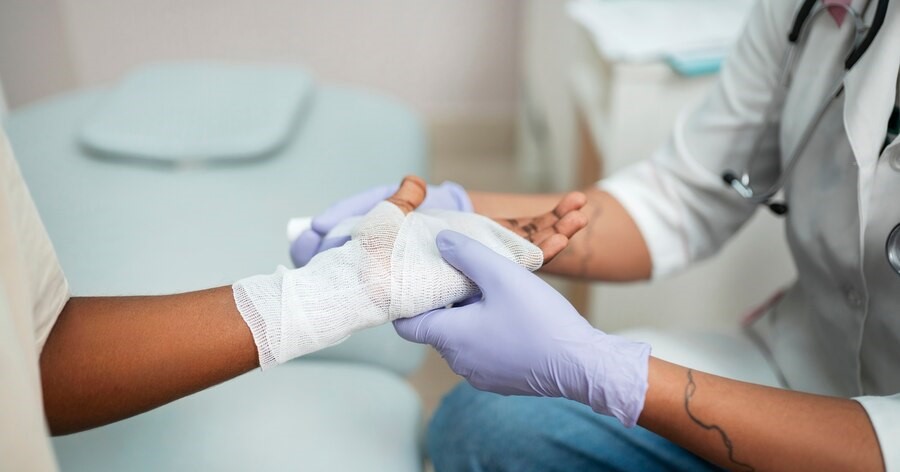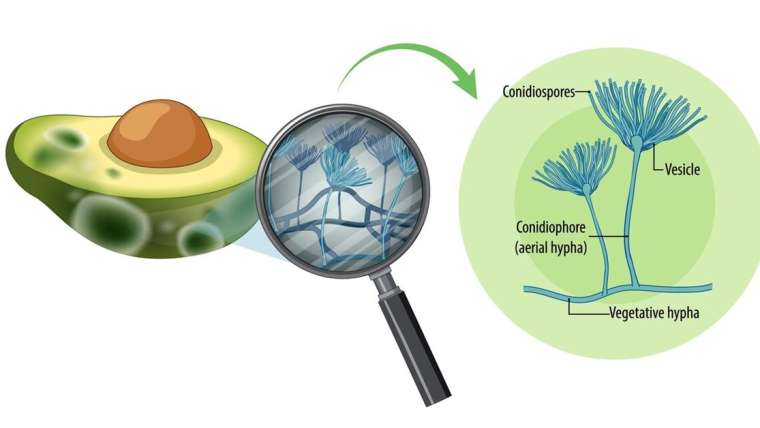
What Doctor to See for Wound Care?
If you’re dealing with a wound that needs medical attention, finding the right healthcare provider is crucial for proper healing and preventing complications. Whether you’re in Plano, Wylie, or the surrounding North Texas area, several types of medical professionals can provide wound care services.
When Do You Need Professional Wound Care?
Seek medical attention if your wound:
- Shows signs of infection (redness, swelling, warmth, or pus)
- Isn’t healing after several days
- Is deep or has jagged edges
- Results from a serious burn
- Contains foreign objects
- Keeps reopening
- Occurs in someone with diabetes or other chronic conditions
Primary Care Physicians for Wound Care
Your family medicine doctor is often the best first stop for wound care. They can:
- Assess the wound’s severity
- Provide initial treatment
- Monitor healing progress
- Prescribe necessary medications
- Refer to specialists if needed
Family doctors are particularly suited for:
- Minor to moderate wounds
- Ongoing wound monitoring
- Basic wound cleaning and dressing
- Post-surgical wound care
- Diabetic wound management
Wound Care Specialists
For complex or chronic wounds, you may be referred to a wound care specialist. These professionals have advanced training in:
- Treating non-healing wounds
- Managing complicated infections
- Using advanced wound care technologies
- Addressing underlying health conditions
- Preventing wound recurrence
Emergency Care for Wounds
Visit the nearest emergency room if you have:
- Deep wounds requiring stitches
- Wounds with heavy bleeding
- Animal or human bites
- Wounds with embedded objects
- Wounds accompanied by broken bones
- Signs of severe infection
Types of Healthcare Providers for Wound Care
Family Medicine Physicians
- Provide comprehensive wound assessment
- Treat common wounds
- Monitor healing progress
- Coordinate with specialists
Wound Care Specialists
- Focus exclusively on wound treatment
- Use advanced healing techniques
- Manage chronic wounds
- Work with complex cases
Dermatologists
- Treat skin-related wounds
- Handle surgical wound care
- Address wound scarring
- Manage skin conditions affecting healing
Vascular Surgeons
- Treat wounds related to circulation problems
- Handle surgical wound care
- Address underlying vascular issues
- Manage diabetic wound complications
Advanced Wound Care Treatments
Modern wound care may include:
- Bioengineered skin substitutes
- Hyperbaric oxygen therapy
- Negative pressure wound therapy
- Growth factor therapy
- Advanced dressing technologies
Prevention and Home Care
To support wound healing:
- Keep the wound clean and dry
- Change dressings as directed
- Follow medication instructions
- Monitor for signs of infection
- Maintain good nutrition
- Control underlying conditions like diabetes
When to Schedule an Appointment
Make an appointment if you:
- Have a wound that isn’t healing
- Notice signs of infection
- Need regular wound care
- Have diabetes or circulation problems
- Recently had surgery
- Experience recurring wounds
Finding the Right Provider
Consider these factors when choosing a wound care provider:
- Experience with your type of wound
- Convenient location
- Insurance coverage
- Available appointment times
- Communication style
- Treatment approach
Insurance and Payment
Most insurance plans cover:
- Initial wound assessment
- Basic wound care
- Necessary medications
- Follow-up visits
- Some specialized treatments
Check with your insurance provider about:
- Coverage details
- Required referrals
- Copayments
- Specialized treatment coverage
- Durable medical equipment
Long-term Care and Monitoring
Proper wound care often requires:
- Regular check-ups
- Progress monitoring
- Treatment adjustments
- Prevention strategies
- Lifestyle modifications
Take Action for Your Wound Care
Don’t delay seeking treatment for wounds that:
- Show signs of infection
- Aren’t healing properly
- Cause significant pain
- Affect daily activities
- Occur with other health conditions
Early intervention by the right healthcare provider can prevent complications and promote faster healing. If you’re experiencing wound healing issues, schedule an appointment with a qualified healthcare provider today. Remember, proper wound care is essential for preventing complications and ensuring optimal healing. The right medical professional can make a significant difference in your recovery process.
Why Choose Dr. Zaman for Wound Care?
Dr. Hina Zaman brings extensive medical expertise and a commitment to patient care to your wound treatment. At our Murphy practice, conveniently located near Plano and Dallas, TX, we offer:
- Comprehensive wound assessment
- Personalized treatment plans
- Comprehensive care approach
- Experienced medical staff
- Comfortable, professional environment
Resources:
- American Professional Wound Care Association (APWCA) Leading professional organization for wound care specialists providing continuing education and certification, latest research and treatment protocols.
- Wound, Ostomy and Continence Nurses Society (WOCN). Professional organization dedicated to wound care that publishes peer-reviewed research and clinical guidelines.
- ABC of Wound Healing, book by Annie Price, Joseph E. Grey.
- Journal of Wound Care published by MA Healthcare Ltd.



